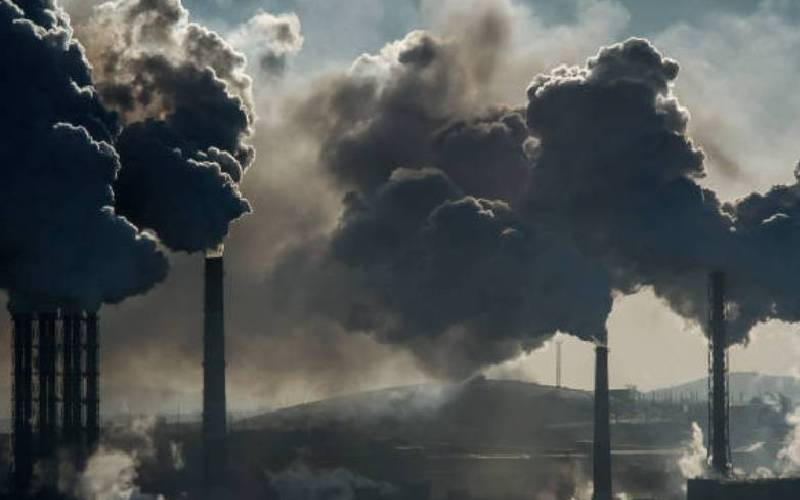×
The Standard e-Paper
Kenya’s Boldest Voice

Global leaders and delegates at the COP27 conference have been warned of the addiction and dependence on fossil fuel proven by Rassin-Ukrain war.
Russia's invasion of Ukraine has roiled the markets and geopolitics of energy, driving oil and gas prices to their highest levels in nearly a decade and forcing many countries to reconsider their energy supplies.